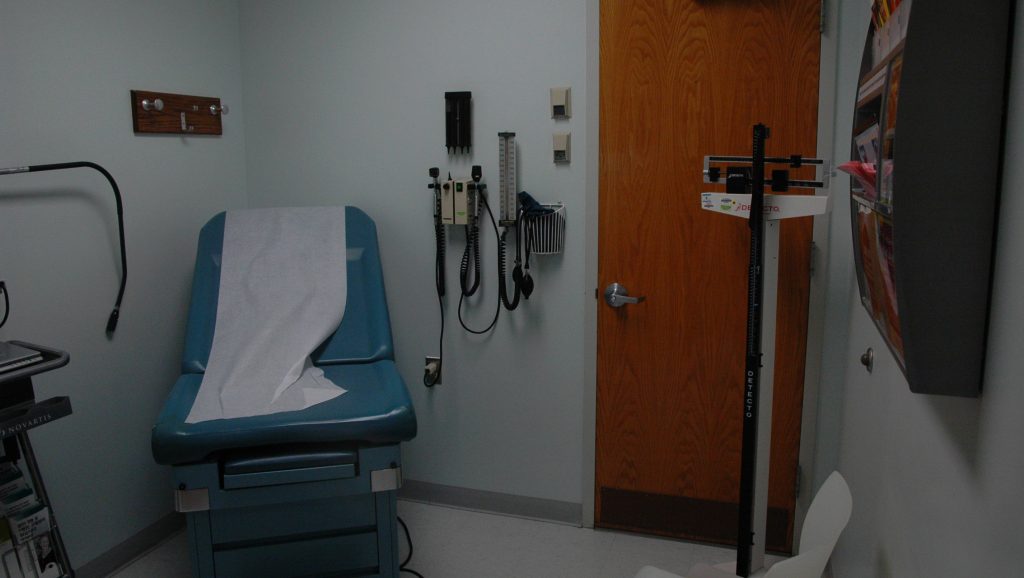PCMHs in CT – not the “shiny new toy” anymore but moving forward improving care, controlling costs

Ten years ago, patient-centered medical homes (PCMHs) were exotic in Connecticut. PCMHs are one of the best documented innovations to improve health. PCMHs are primary care practices that help keep people well by assessing needs, coordinating care, and giving people the skills and resources to maintain their own health. As a nurse managers told me, everything revolves around the patient in a PCMH. People cared for by a PCMH are healthier, happier, and their care costs less. But Connecticut had only 82 clinicians in PCMHs as of March 9, 2011. Connecticut Medicaid at the time was deliberately dragging their feet implementing a PCMH program, proposed by advocates, that was mandated in law. That all changed in 2012 when Connecticut’s Medicaid program became a leader in developing and supporting PCMHs, especially for the most underserved state residents.
Fast forward – As of May 31 this year, CT Medicaid had 2,107 approved PCMH providers enrolled in the program, almost two out of three eligible providers. There has been a steady increase in the number of PCMH-certified Medicaid providers over the last seven years. And over the same seven years, more Medicaid members are getting care, more physicians participate in the program, and the state is saving almost a billion tax dollars each year.
How did it happen? Advocates who were relentless, a new administration that forced DSS to implement the law, but especially the sustained support by CHNCT for practices that want to do better for their patients. Funded by DSS, CHNCT provides primary care practices with real-world assistance navigating the painful, complex process of transforming into a medical home that puts patients first. Rethinking everything they do and how they do it from patients’ point of view is hard. But CHNCT helps them gently through the process; their services are welcomed and highly rated by practices. CHNCT also intensively recruits providers into the PCMH program.
And the efforts have paid off. The most recent report finds that 63.3% of eligible Medicaid providers are PCMH certified. Those who have not signed up either don’t have an electronic health record (a requirement for certification), don’t qualify (they don’t spend enough hours on primary care), don’t have enough patients to make it worthwhile, don’t have the resources/staff to meet the extra requirements, or have closed. PCMHs may be old news, as many good things that actually work are, but they deserve support and recognition.

